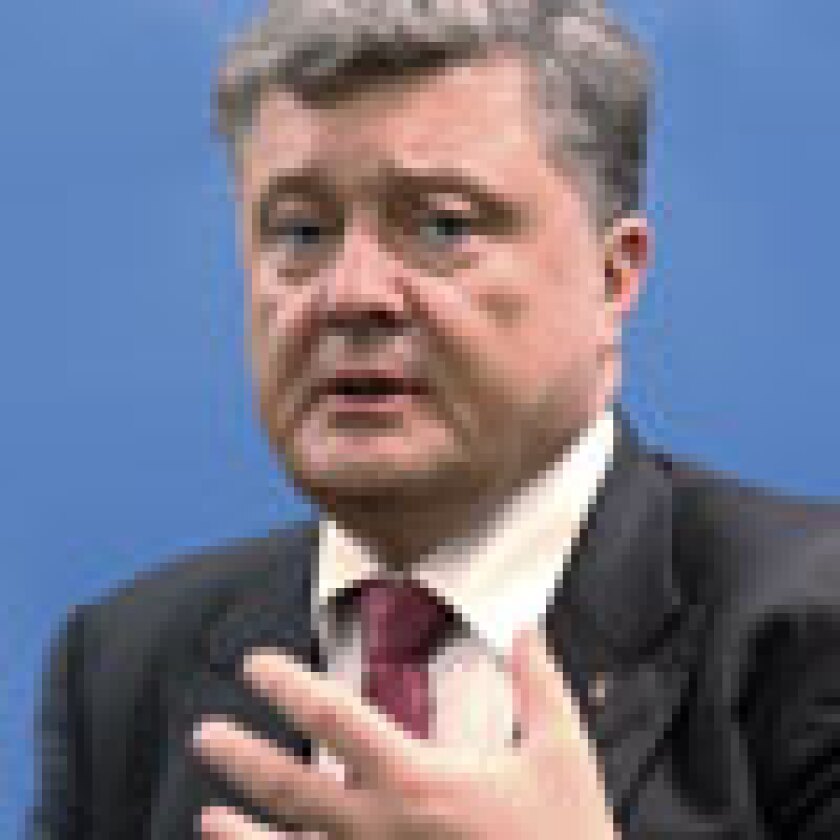Ukraine’s government must prove it is serious about its promise to begin a serious privatisation drive, EBRD officials and analysts told Emerging Markets on Wednesday.
They said it remained unclear whether the country’s fragile government, overseen by president Petro Poroshenko, had either the energy to push through necessary reforms, or the ability to turn around the country’s flagging economy.
Privatisation was not an explicit precondition of a $17.5bn IMF-led financial aid programme, which was agreed in March 2015 and later frozen, but it was deemed crucial to the government’s efforts to balance its books.
Yet despite aiming to raise $778m in 2015, the sale of state assets earned the government just $7m, according to data from the State Property Fund.
The sale of the country’s second-largest thermal energy generator, Centrenergo, has been regularly pushed back, as has the privatisation of fertiliser producer Odessa Portside Plant (OPP).
The lack of commitment to asset sales is demoralising investors and development officials. “The government has identified 20 companies for immediate privatisation, including manufacturing firms and energy providers,” Sevki Acuner, Ukraine country director at the EBRD, told Emerging Markets. “If all goes well, the sale of those assets could raise tens of billions of dollars.”
Yet theory is very different from reality in Ukraine. Acuner noted that while parliament had “passed all the relevant legislation” necessary to pursue an aggressive and radical privatisation agenda, implementation of that agenda continued to lag.
“Immediate steps need to be taken by government to show the public and the investor community that it means business. That means more reform of state-owned enterprises, and more privatisation, with asset sales taking place transparently, and providing investors with a level playing field. This is a great opportunity to attract more foreign investment into the country.”
FRAGILE GOVERNMENT
He said that investors would be “closely watching” for movement on the sale of OPP, which could be put on the market as early as June. “That process should get under way during the next few weeks,” he said.
“It’s our number one target. We are advising the privatisation agency, and we are hoping that that privatisation will attract serious investor interest and participation.”
If that goes ahead, investors will begin to eye up the sale of all or part of Naftogaz, a company widely viewed as critical to Ukraine’s long-term economic success.
Acuner said the country’s dominant state-run oil and gas producer had been “transformed” in recent years into a company “pretty much insulated against political interference, with an independent board.
He said the firm would either launch an initial public offering or be sold to a strategic investor by the end of 2018.
Yet analysts warned there was no guarantee that any of these reforms would be completed by a government that looks short of energy and popular support.
“The real risk is that while there is appetite for reform at the highest level of government, the political system is really fragile and volatile,” said William Jackson, an emerging market economist at Capital Economics.
“There is a real risk that the government will collapse at some point, which would lead to the return of a far more populist and anti-reform government.”
